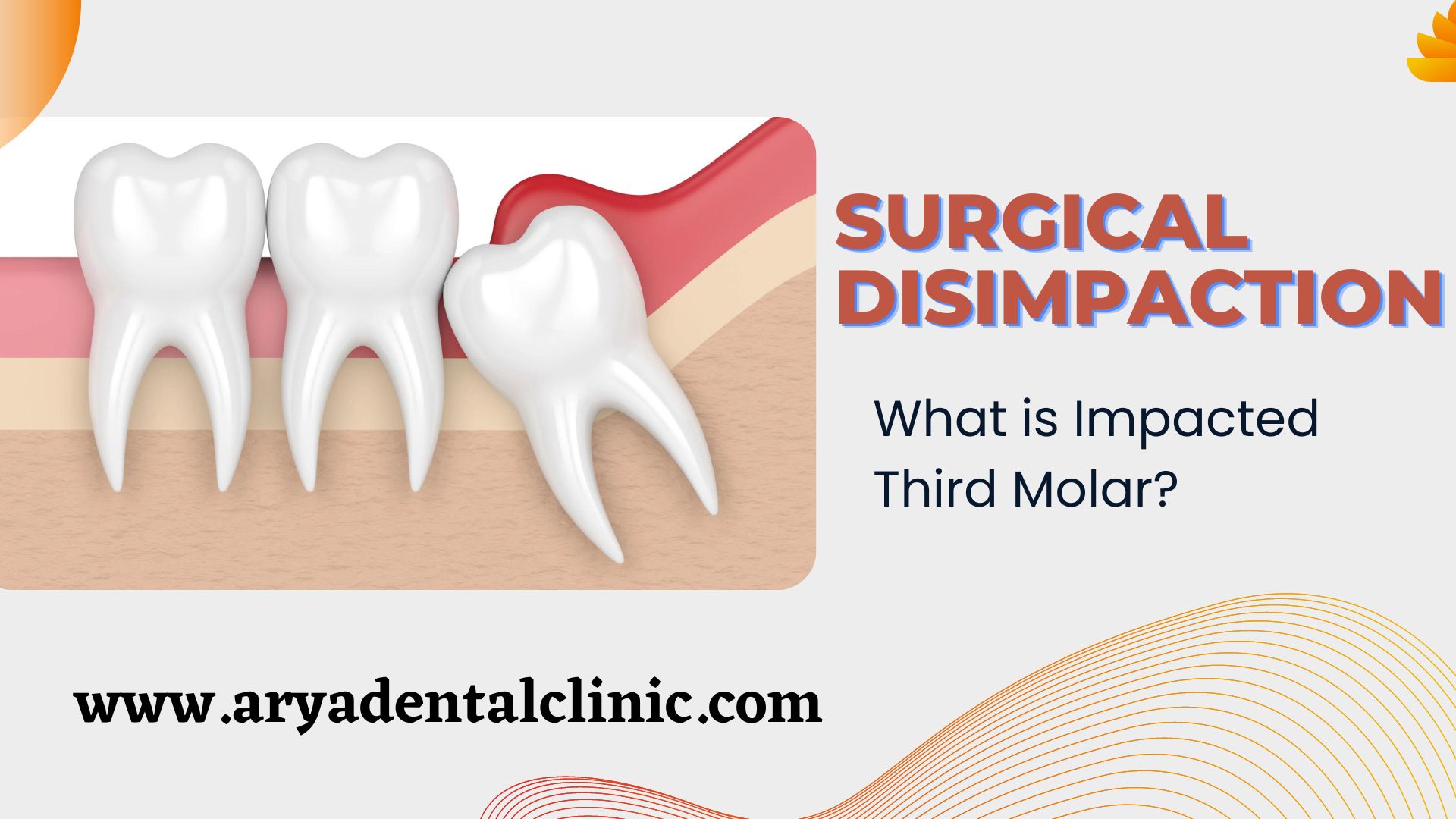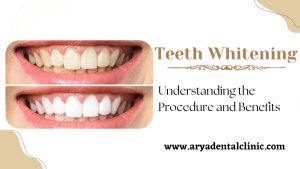The surgical disimpaction of a third molar, commonly known as wisdom tooth, is a procedure that is often required to alleviate pain, infection, or other complications associated with impacted teeth. This is a common procedure performed by oral and maxillofacial surgeons, who specialize in diagnosing and treating conditions related to the mouth, teeth, and jaws.
What is Impacted Third Molar?
An impacted third molar refers to a tooth that fails to emerge fully into the mouth, often due to lack of space in the jawbone or improper alignment of the tooth. Impacted third molars are quite common, and they can cause several complications, including infections, cysts, gum disease, and damage to adjacent teeth. In such cases, surgical disimpaction is often recommended to alleviate pain and prevent further complications.
The Procedure
Before the procedure, the oral surgeon will administer a local or general anesthetic to ensure that the patient does not feel any pain during the procedure. The surgeon will then make an incision in the gum tissue to expose the impacted tooth. The surrounding bone may also be removed to gain access to the tooth. The tooth will be carefully separated from the surrounding tissues and gently extracted from its socket. If the tooth is severely impacted, it may be necessary to section it into smaller pieces for easier removal.
Steps :
- Pre-operative X-ray: Before the procedure, an X-ray will be taken to determine the position of the impacted tooth and plan the surgical approach.
- Incision and Flap Elevation: The oral surgeon will make an incision in the gum tissue and elevate a flap to expose the impacted tooth.
- Bone Removal: If necessary, the surgeon will remove a portion of the surrounding bone to gain access to the tooth.
- Tooth Extraction: The impacted tooth will be carefully extracted from its socket.
- Closure: The gum tissue will be sutured back into place to promote healing.
Post-Operative Care
After the procedure, the patient will be given instructions on how to care for the surgical site. It is essential to avoid smoking, drinking through straws, or any strenuous physical activity that may dislodge the blood clot that forms in the socket. The patient will be advised to eat soft foods and avoid hot or spicy foods for a few days following the procedure. Pain medications and antibiotics may be prescribed to manage pain and prevent infection.
Finally, Surgical disimpaction of a third molar is a common procedure performed by oral and maxillofacial surgeons to alleviate pain, infection, or other complications associated with impacted teeth. The procedure involves making an incision in the gum tissue, removing any surrounding bone, and gently extracting the tooth from its socket. With proper post-operative care, most patients can expect a quick and smooth recovery.




